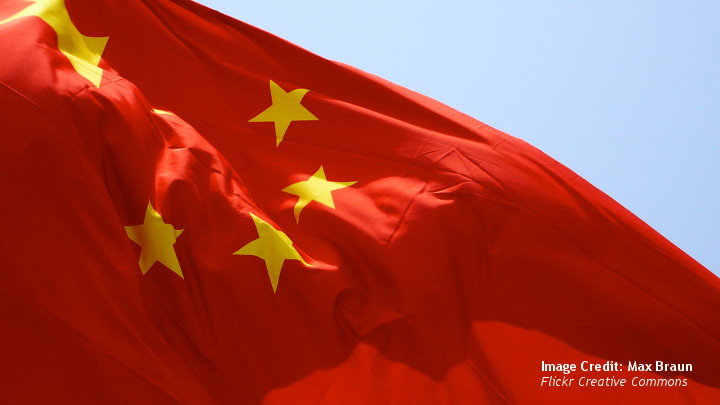China and the US should be wary of the historical parallels with 1914

Niklas Swanström and Phil C.W. Chan
The year 2019 is meaningful for China and the world in so many ways. It marks the 70th anniversary of the founding of the People’s Republic of China and the 30th anniversary of the Tiananmen uprising.
It is momentous for another, less celebrated, reason: the centennial of the signing of the Treaty of Versailles, formally ending World War I. At the Paris Peace Conference, China demanded the return of Shandong peninsula, which had been surrendered by Germany to Japan. Rejection of China’s demand brought forth the May Fourth Movement, allowing Marxist ideas to take hold.
Japan saw its proposal for a racial equality clause in the treaty stymied, leading to its disillusionment with the international system of the day and rapid militarisation, ultimately causing millions to perish. Germany, of course, regarded the treaty and its prohibitive terms as abject national humiliation.